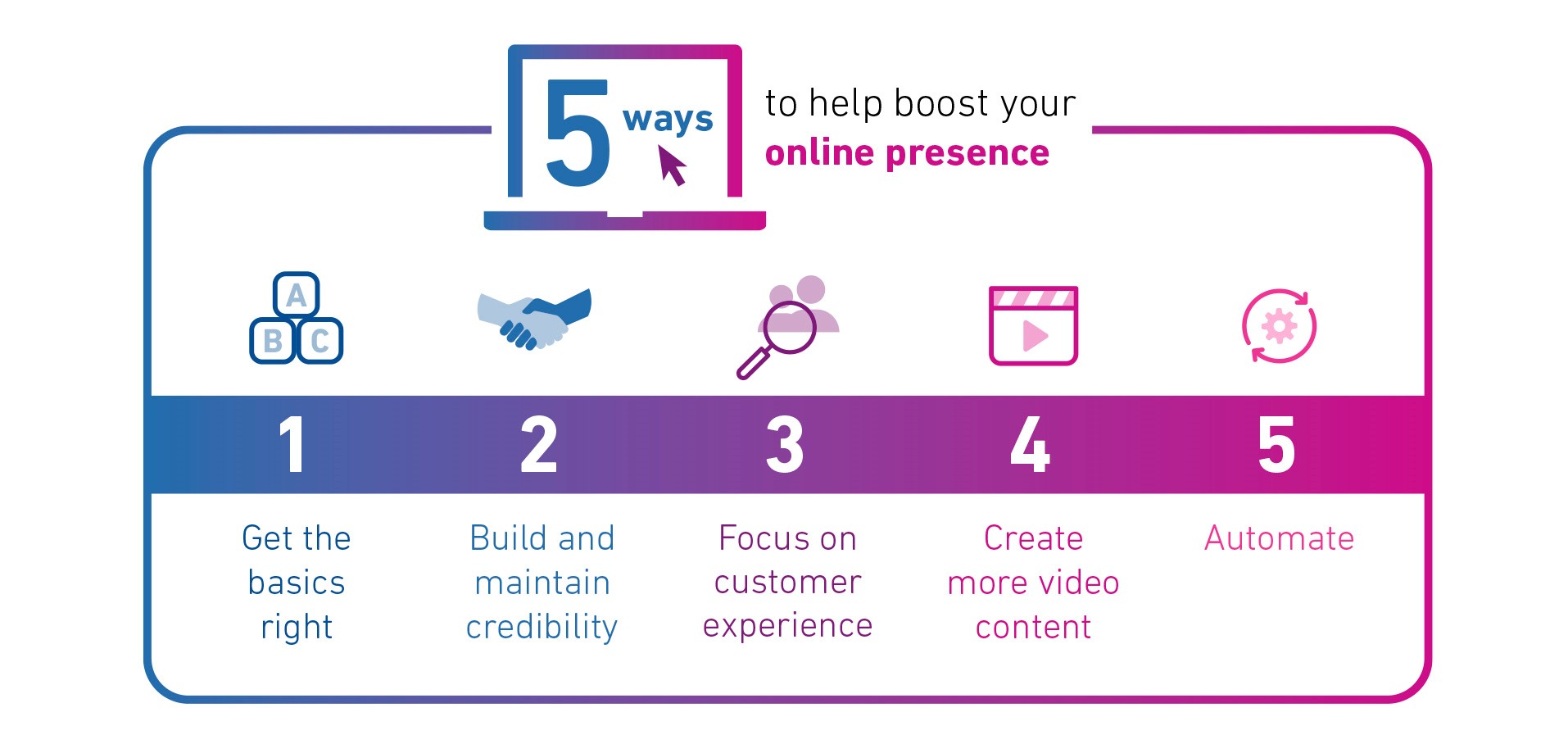Why College is the Perfect Time to Start a Business
College is an ideal time to explore entrepreneurial ventures, as it provides a unique opportunity to turn passions into careers. By starting a business while in college, students can develop essential skills, such as leadership, marketing, and financial management, which can be applied to various industries. Moreover, college campuses offer a wealth of resources, including mentorship programs, business incubators, and networking events, that can help students launch and grow their businesses.
One of the primary benefits of starting a business in college is the ability to test and refine ideas in a relatively low-risk environment. Students can experiment with different business models, products, and services, and receive feedback from peers and professors. This process helps to identify potential pitfalls and opportunities, allowing students to make informed decisions about their business ventures.
Additionally, college students have access to a diverse range of talent and expertise, which can be leveraged to build a strong team. By collaborating with peers from different disciplines, students can develop a comprehensive understanding of the business landscape and create innovative solutions to real-world problems.
Starting a business in college also provides a chance to build a professional network, which is essential for securing funding, finding mentors, and identifying new business opportunities. By attending industry events, joining entrepreneurship clubs, and participating in business competitions, students can establish connections with successful entrepreneurs, investors, and business leaders.
Furthermore, many colleges and universities offer courses, workshops, and programs specifically designed to support student entrepreneurship. These resources provide students with the knowledge, skills, and support needed to launch and grow a successful business.
In conclusion, college is an ideal time to explore entrepreneurial ventures, as it offers a unique combination of resources, talent, and opportunities. By starting a business in college, students can develop essential skills, build a professional network, and turn their passions into careers. Whether you’re interested in launching a tech startup, creating a social enterprise, or developing a small business idea, college provides the perfect environment to explore your entrepreneurial ambitions.
Identifying Your Niche: How to Find a Profitable Business Idea
Identifying a profitable business idea is a crucial step in starting a successful venture. For college students, finding a niche that aligns with their passions and skills can be a great way to turn their ideas into a small business. To find a profitable business idea, it’s essential to research market trends, understand consumer needs, and leverage personal strengths and interests.
One way to research market trends is to use online tools such as Google Trends, Keyword Planner, or social media listening platforms. These tools can help identify popular topics, trending products, and emerging industries. By analyzing market trends, college students can identify gaps in the market and create a business idea that meets the needs of their target audience.
Understanding consumer needs is also critical in finding a profitable business idea. College students can conduct surveys, focus groups, or interviews to gather information about their target audience’s needs, preferences, and pain points. By understanding consumer needs, college students can create a business idea that solves a problem or meets a need in the market.
Leveraging personal strengths and interests is another way to find a profitable business idea. College students can reflect on their skills, hobbies, and passions to identify areas where they can create value. For example, a student who is skilled in graphic design can start a business offering design services to clients. By leveraging personal strengths and interests, college students can create a business idea that they are passionate about and have the skills to execute.
Some popular business ideas for college students include starting a tutoring or consulting business, creating and selling products online, or offering services such as pet-sitting or house-sitting. These ideas can be profitable and can be started with little to no initial investment. By identifying a profitable business idea, college students can turn their passions into a career and create a successful small business.
When evaluating business ideas, college students should consider factors such as market demand, competition, and potential revenue streams. By carefully evaluating these factors, college students can increase their chances of success and create a profitable business. Additionally, college students can seek advice from mentors, professors, or business advisors to help them refine their business idea and create a solid business plan.
Low-Cost Business Ideas for College Students on a Budget
Starting a business as a college student can be challenging, especially when on a tight budget. However, there are several low-cost business ideas that can be perfect for college students. These ideas require little to no initial investment and can be started with minimal resources.
One popular low-cost business idea for college students is freelancing. Freelancing involves offering services such as writing, graphic design, or social media management to clients on a project-by-project basis. Freelancing platforms like Upwork, Fiverr, or Freelancer can connect college students with potential clients.
Tutoring is another low-cost business idea that can be started by college students. If a student excels in a particular subject, they can offer tutoring services to their peers. Tutoring can be done in-person or online, and platforms like Chegg or TutorMe can connect tutors with clients.
Selling products online is also a low-cost business idea that can be started by college students. Platforms like Etsy or eBay allow students to sell handmade products or second-hand items with minimal startup costs. Students can also utilize social media platforms like Instagram or Facebook to sell products directly to customers.
Other low-cost business ideas for college students include pet-sitting, house-sitting, or offering services like lawn care or photography. These ideas require little to no initial investment and can be started with minimal resources.
When starting a low-cost business, it’s essential to keep costs low and focus on providing excellent customer service. College students can utilize free marketing tools like social media or word-of-mouth to promote their business. By starting small and being frugal, college students can turn their business idea into a successful venture.
Low-cost business ideas can be an excellent way for college students to gain entrepreneurial experience and build a successful business. By leveraging their skills and resources, college students can create a business that generates income and helps them achieve their goals.
How to Turn Your Skills into a Service-Based Business
Many college students possess skills that can be turned into a service-based business. Whether it’s writing, graphic design, or social media management, these skills can be leveraged to offer services to clients. By turning skills into a service-based business, college students can create a profitable venture that generates income and helps them achieve their goals.
One of the first steps in turning skills into a service-based business is to identify the skills that can be offered as services. College students should reflect on their strengths and weaknesses, as well as their interests and passions. By identifying the skills that can be offered as services, college students can create a business that aligns with their strengths and interests.
Creating a portfolio is also essential in turning skills into a service-based business. A portfolio showcases the skills and services offered by the business, and can be used to attract clients. College students can create a portfolio by gathering examples of their work, such as writing samples or design projects. By creating a portfolio, college students can demonstrate their skills and services to potential clients.
Finding clients is also crucial in turning skills into a service-based business. College students can find clients by networking, using social media, or offering free consultations. By finding clients, college students can generate income and grow their business.
Some popular service-based businesses for college students include freelance writing, graphic design, and social media management. These businesses can be started with minimal startup costs and can be operated remotely. By turning skills into a service-based business, college students can create a profitable venture that generates income and helps them achieve their goals.
When starting a service-based business, it’s essential to focus on providing excellent customer service. College students should prioritize communication, reliability, and quality to build a strong reputation and attract repeat business. By focusing on customer service, college students can create a successful service-based business that generates income and helps them achieve their goals.
Online Business Ideas for College Students with a Computer and Internet
With the rise of the digital age, it’s easier than ever for college students to start an online business with just a computer and internet connection. Online businesses can be a great way for college students to earn extra income, pursue their passions, and gain entrepreneurial experience.
One popular online business idea for college students is affiliate marketing. Affiliate marketing involves promoting products or services of other companies and earning a commission on sales. College students can join affiliate programs like Amazon Associates or Commission Junction to start promoting products and earning commissions.
Creating and selling online courses is another online business idea that can be lucrative for college students. Platforms like Udemy, Teachable, or Skillshare allow college students to create and sell online courses on a subject they’re knowledgeable about. By creating high-quality courses, college students can earn passive income and build a reputation as an expert in their field.
Blogging is another online business idea that can be started with just a computer and internet connection. College students can create a blog on a niche topic they’re passionate about and monetize it with advertising, affiliate marketing, or sponsored content. By creating high-quality content and building a loyal audience, college students can earn income and build a personal brand.
Other online business ideas for college students include selling products on platforms like Etsy or eBay, offering services like virtual assistance or social media management, and creating and selling ebooks or digital products. By leveraging their skills and interests, college students can create a successful online business that generates income and helps them achieve their goals.
When starting an online business, it’s essential to focus on providing value to customers. College students should prioritize creating high-quality products or services, building a strong brand, and providing excellent customer service. By focusing on value, college students can build a loyal customer base and create a successful online business.
Online businesses can be a great way for college students to earn extra income, pursue their passions, and gain entrepreneurial experience. By leveraging their skills and interests, college students can create a successful online business that generates income and helps them achieve their goals.
Building a Brand: How to Create a Professional Online Presence
Creating a professional online presence is crucial for college student entrepreneurs who want to establish a successful business. A strong online presence can help build trust with customers, increase visibility, and drive sales. In this article, we will discuss how to create a professional online presence, including building a website, creating a social media strategy, and developing a content marketing plan.
Building a website is an essential step in creating a professional online presence. A website provides a central hub for customers to learn about your business, products, and services. When building a website, consider the following tips:
Choose a domain name that is easy to remember and relevant to your business. Select a web hosting service that is reliable and offers good customer support. Design a website that is visually appealing, easy to navigate, and optimized for search engines.
Creating a social media strategy is also important for building a professional online presence. Social media platforms like Facebook, Twitter, and Instagram provide a way to connect with customers, share updates, and promote products. When creating a social media strategy, consider the following tips:
Choose the social media platforms that are most relevant to your business and target audience. Create a content calendar that outlines the type of content to be posted, the frequency of posts, and the timing of posts. Engage with customers by responding to comments and messages, and use social media analytics to track performance.
Developing a content marketing plan is also crucial for building a professional online presence. Content marketing involves creating and sharing valuable, relevant, and consistent content to attract and retain a clearly defined audience. When developing a content marketing plan, consider the following tips:
Define your target audience and create content that is relevant and valuable to them. Choose the types of content that are most effective for your business, such as blog posts, videos, or infographics. Use search engine optimization (SEO) techniques to optimize your content for search engines.
By building a website, creating a social media strategy, and developing a content marketing plan, college student entrepreneurs can create a professional online presence that helps build trust with customers, increase visibility, and drive sales.
A professional online presence is essential for college student entrepreneurs who want to establish a successful business. By following the tips outlined in this article, college student entrepreneurs can create a strong online presence that helps them achieve their business goals.
Managing Time and Priorities as a College Student Entrepreneur
As a college student entrepreneur, managing time and priorities is crucial to balancing schoolwork and business responsibilities. With multiple demands on your time, it can be challenging to prioritize tasks and manage your schedule effectively. However, with the right strategies and mindset, you can successfully manage your time and priorities as a college student entrepreneur.
One of the most important strategies for managing time and priorities is to create a schedule and stick to it. Plan out your day, week, and month, and set specific goals and deadlines for your business and academic responsibilities. Use a planner, calendar, or app to stay organized and on track.
Another key strategy is to prioritize tasks based on their importance and urgency. Focus on the most critical tasks that need to be completed, and delegate or defer less important tasks when possible. Use the Eisenhower Matrix to categorize tasks into four quadrants: urgent and important, important but not urgent, urgent but not important, and not urgent or important.
Time-blocking is another effective technique for managing time and priorities. Allocate specific blocks of time for different tasks, such as studying, working on your business, or attending classes. Use this technique to schedule focused work sessions, eliminating distractions during this time.
Additionally, learn to say no to non-essential commitments that can derail your schedule. Be mindful of your workload and avoid taking on too much, which can lead to burnout and decreased productivity.
Finally, take breaks and practice self-care to maintain your physical and mental well-being. Taking short breaks can help you recharge and come back to your tasks with renewed energy and focus.
By implementing these strategies, college student entrepreneurs can effectively manage their time and priorities, balancing their academic and business responsibilities while achieving their goals.
Remember, managing time and priorities is a skill that takes practice, so be patient and flexible. Continuously evaluate and adjust your schedule as needed to ensure you’re meeting your goals and maintaining a healthy work-life balance.
Overcoming Common Challenges Faced by College Student Entrepreneurs
As a college student entrepreneur, you may face a variety of challenges that can hinder your success. However, with the right mindset and strategies, you can overcome these challenges and achieve your goals. In this article, we will discuss common challenges faced by college student entrepreneurs and provide tips on how to overcome them.
One of the most significant challenges faced by college student entrepreneurs is finding funding. Many students struggle to secure funding for their business, which can limit their ability to grow and expand. To overcome this challenge, consider applying for grants, crowdfunding, or seeking out investors who are interested in supporting student entrepreneurs.
Dealing with failure is another common challenge faced by college student entrepreneurs. Failure can be discouraging, but it is also an opportunity to learn and grow. To overcome failure, focus on what you can learn from the experience and use it as a stepping stone to success.
Staying motivated is also a challenge that many college student entrepreneurs face. With the demands of school and other responsibilities, it can be easy to lose motivation and focus. To stay motivated, set clear goals and remind yourself why you started your business in the first place. Celebrate your successes, no matter how small, and find a support system that can help you stay motivated.
Additionally, college student entrepreneurs may face challenges related to time management, balancing schoolwork and business responsibilities, and finding a work-life balance. To overcome these challenges, prioritize your tasks, focus on the most important ones first, and learn to say no to non-essential commitments.
Finally, college student entrepreneurs may face challenges related to self-doubt and imposter syndrome. To overcome these challenges, focus on your strengths and accomplishments, and remind yourself that you are capable of achieving your goals.
By understanding the common challenges faced by college student entrepreneurs and using the strategies outlined above, you can overcome these challenges and achieve success. Remember, entrepreneurship is a journey, and it is okay to make mistakes and learn from them.
As a college student entrepreneur, you have the potential to create a successful business that can bring you financial freedom and personal fulfillment. Don’t be afraid to take risks and pursue your passions, and remember that you are not alone in your entrepreneurial journey.


)




